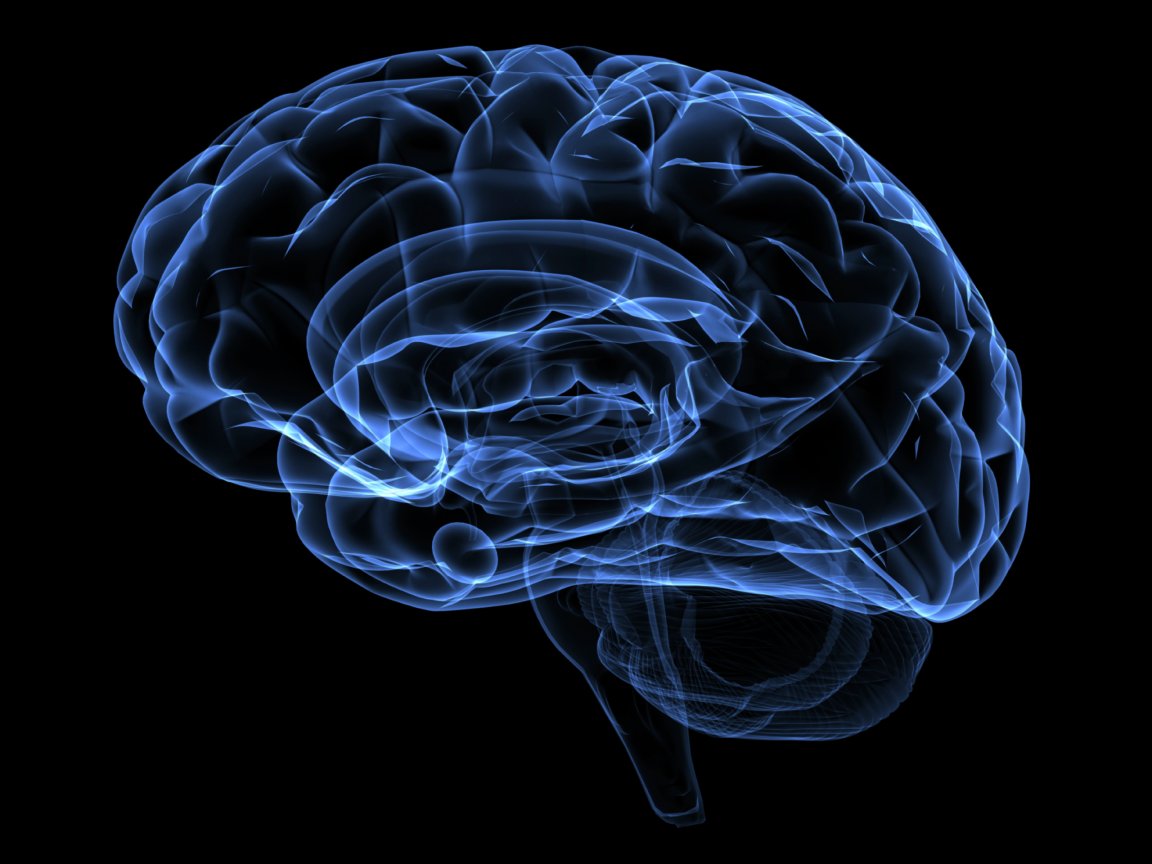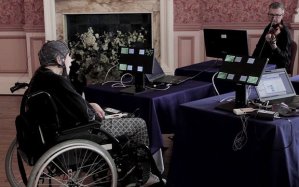
New software that can read brain signals has been developed by Plymouth University. It has recently been tested on Rosemary Johnson, a disabled violinist who was able to compose music after 27 years.
Johnson was an up and coming violinist from the Welsh National Opera Orchestra when she had a car accident 27 years ago. The accident left her in a comatose state for seven agonizing months. It resulted in brain damage, and she has lost the ability to talk and move her body.
Now, after years of silence, together with a professional string quartet, Johnson’s music has once again came to life.
Translating thoughts to musicians
So, how does it work?
An ECG cap is placed on her head, which reads electrical signals from her brain. She chooses musical notes and phrases in her mind, which she selects from a screen that has colored lights. Notably, she composes music in real time.
The quartet, calling themselves The Paramusical Ensemble, play live. They have already recorded a piece of music titled “Activating Memory,” which will be played later this month at the Peninsula Arts Contemporary Music Festival in Plymouth.

“It was really very moving,” Eduardo Miranda from the Interdisciplinary Centre for Computer Music Research at Plymouth University in the UK, told The Telegraph.
“The first time we tried with Rosemary we were in tears. We could feel the joy coming from her at being able to make music. It was perfect because she can read music very well and make a very informed choice.”
Three other patients have tried out this amazing software and all of them had their music come to life by the Bergersen string quartet.
“The great achievement of this project is that it is possible to perform music without being able to actually move. She is essentially controlling another musician to play it for her,” said Miranda. “It’s not yet possible to read thoughts but we can train people to use brain signals to control things.”
Johnson’s mother stated that before this software, her daughter could only play a few notes on the piano with her help. This project has allowed her daughter to continue her love for music.
“Music is really her only motivation,” she said. “When she performed I went to the hospital and that is the first time I have heard her make music, other than the piano chords for a long, long time.”
This will help people like Johnson continue their passion and be able to live life to the fullest. Patients with spinal or brain disabilities now have options to utilize their bodies in doing what they previously used to do. Indeed, this shows how far our scientists have come in decoding our complex and amazing brain. It is exciting to look forward to similar scientific breakthroughs.